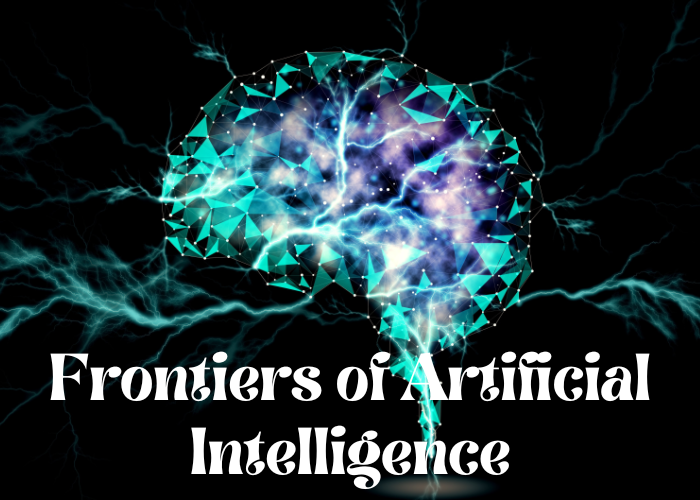As technology continues to advance, the boundaries of artificial intelligence (AI) and its application in our day-to-day lives are being pushed further. With AI machines and systems increasingly outperforming humans on various tasks such as voice recognition, image classification, navigation, and machine translation among others; it’s becoming clear that AI is quickly becoming an essential part of society. In this blog post we will explore the ever-evolving field of artificial intelligence, discuss recent advancements in the field that are changing our lives for better or worse, examine potential areas for future development within AI research and development as well as address some ethical questions regarding AI deployment. Dive right in with us to understand more about the ramifications of artificial intelligence!
What Is Artificial Intelligence, and What Are Its Key Components?
Exploring the frontiers of Artificial Intelligence is a fascinating endeavor that is quickly becoming one of the most defining features of our society. Artificial Intelligence (AI) is a type of computer science that focuses on developing technology to think and act in ways similar to humans. Its key components include natural language processing, robotics, machine learning, and planning techniques which enable machines to acquire problem-solving abilities similar to those found in humans. With each advancement, AI promises revolutionary applications within countless industries whose possibilities are seemingly endless.
How Has AI Been Used in the Past, and Where Is It Headed in the Future?
AI has been a game-changer in many industries these past few years, and its advances will keep impacting how we work and live. From self-driving cars to automated customer service centers, AI has already made its mark on the world. As technology improves, more applications of AI are being developed that have the potential to revolutionize society. In healthcare, for example, AI holds tremendous potential for diagnosing disease and optimizing treatment decisions. Other areas such as finance, manufacturing, and transportation are also likely to benefit from the application of AI in the future. Despite some understandable worries about placing decision-making in machines’ hands, there is no denying that AI can usher in an age of great productivity gains and a higher quality of life for all.
What Ethical Considerations Are There With AI Development and Implementation?
As AI technology advances, it is increasingly important to take ethical considerations into account when developing and implementing new AI systems. It is essential to ensure that these systems are held accountable for their outputs, as they may result in social and economic implications that affect a wide range of people. Additionally, due to their automated decision-making process, care must be taken to ensure bias does not occur within AI systems and their implementations. This means understanding the data used for training algorithms and providing transparency about how the AI works when making decisions. Finally, ethical questions arise around the potential for job displacement due to automation, thus creating an ethical responsibility to understand the larger implications of this technology before implementation.
How Will AI Change the Way We Live and Work in the Future?
In the future, artificial intelligence (AI) promises to revolutionize the way we live and work. We can expect major changes in how businesses operate, with AI providing personalized customer service and powering complex decision-making processes. Automation resulting from AI could also drastically redefine many modern employment roles, bringing greater efficiency to companies and leaving professionals with more time to focus on visions of higher value. On top of this, AI technology can be used to analyze vast amounts of data collected from our daily lives, revolutionizing the way we source new insights into the trends and behaviors that inform our decisions. Ultimately, the proper implementation of AI has the potential to bring about huge improvements in both productivity and quality of life for people around the world.
What Challenges Must We Overcome to Ensure That AI Benefits Humanity as a Whole?
Ensuring that AI is beneficial to humanity as a whole is an urgent priority for all governments, organizations and individuals. To reach this goal, complex challenges must be addressed. Chief among them are the security and privacy concerns posed by new technologies and the need for ethical frameworks that address potential misuse or over-reliance on AI systems. Additionally, there must be greater education and awareness around AI applications, so that people can understand their potential benefits as well as drawbacks. Lastly, we must develop measures to prevent job losses due to increased automation and consider how such job losses might be offset. By confronting these challenges head-on, we can cultivate trust in AI technologies while balancing their widespread adoption with fairness and human wellbeing.
Conclusion
As we explore the frontiers of artificial intelligence, it’s important to stay ahead of the curve and keep up with the latest research. With that in mind, I’ll be posting regular updates on my blog so be sure to check back often. In the meantime, if you have any questions or comments, please feel free to reach out to me. Thanks for reading!



